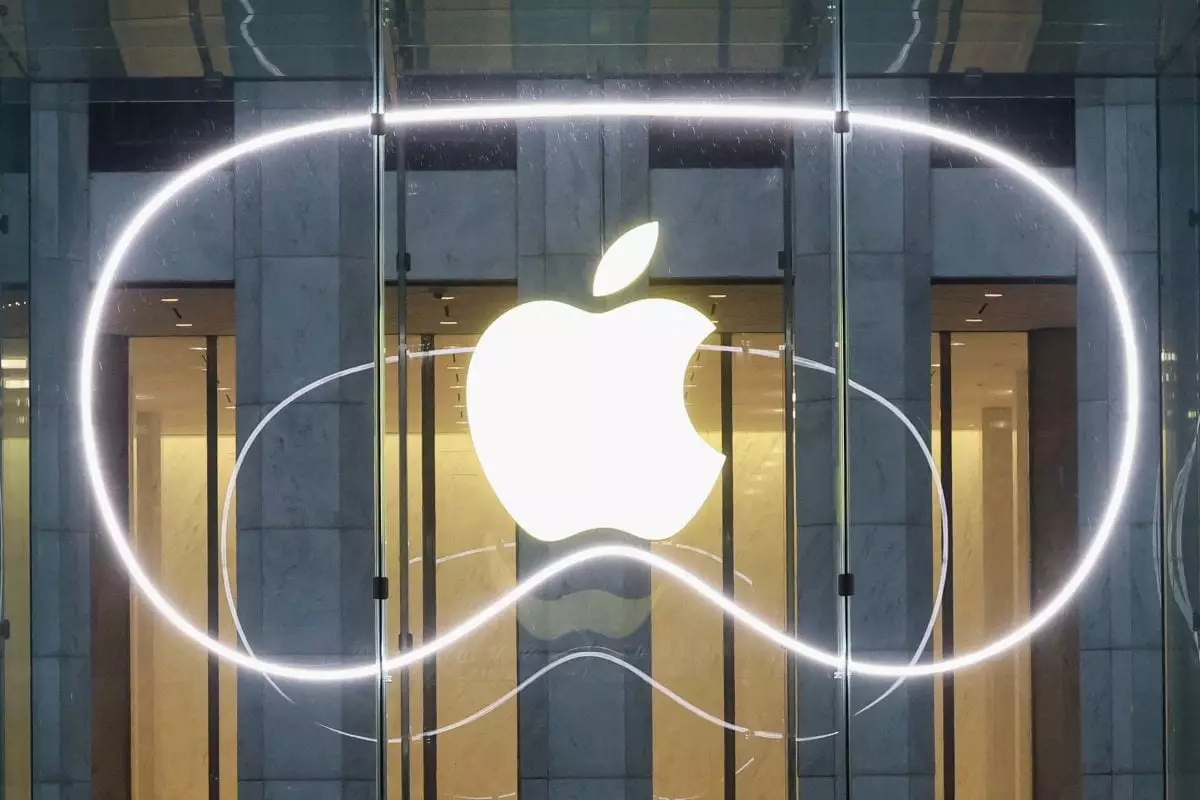Recent developments from the U.S. National Labor Relations Board (NLRB) have highlighted serious concerns surrounding Apple’s treatment of its employees in the context of labor rights. The NLRB has accused Apple of undermining workers’ rights to collectively advocate for better working conditions, focusing on the company’s restrictive policies regarding social media and communication platforms, particularly Slack. This complaint marks a significant moment in an ongoing struggle between a global tech giant and its workforce, raising questions about labor practices in a rapidly evolving workplace environment.
The NLRB’s complaints outline several serious allegations against Apple, including the fear of retaliation against employees advocating for workplace improvements. For example, it is alleged that the company unjustly terminated an employee for utilizing Slack to promote workplace changes. Furthermore, Apple is accused of requiring another employee to remove a post from their social media that addressed workplace issues. Such actions allegedly create an environment where workers feel surveilled, leading to a chilling effect on collective organizing efforts.
Additionally, the NLRB’s complaint points toward a broader pattern of non-compliance with labor regulations. Apple is charged with enforcing policies that violate workers’ rights to organize and communicate about issues such as wages, working conditions, and discrimination—core elements protected under labor laws. The seriousness of these allegations cannot be overstated, as they touch on fundamental rights in the workplace that ought to be safeguarded against corporate overreach.
One of the key figures in this narrative is Janneke Parrish, a former Apple employee who has become the face of the fight for better labor practices within the company. Parrish claims that her role in employee activism, which encompassed advocating for remote work, conducting equity surveys, and addressing instances of discrimination, led to her wrongful termination in 2021. Her case is emblematic of the challenges that workers face when trying to enact meaningful change within large corporations, particularly in the tech industry.
The tech sector’s rapid growth and the shift toward remote work during the COVID-19 pandemic have spawned new avenues for employee communication and organization. Slack, a messaging platform adopted by Apple, has emerged as a vital tool for employees to express concerns and mobilize efforts for equitable treatment. However, allegations regarding Apple’s restrictive policies regarding Slack complicate this landscape, suggesting that the company may be stifling necessary conversations about workers’ rights. This raises a critical question: can tech companies genuinely foster innovation while simultaneously quashing voices of dissent within their ranks?
In response to the NLRB’s accusations, Apple has staunchly defended its practices, asserting a commitment to maintaining a positive working environment and emphasizing its respect for employees’ rights to discuss workplace issues. The company’s refusal to accept the allegations suggests a broader ongoing battle over corporate culture in an era of increasing accountability and worker empowerment.
If a settlement with the NLRB is not reached, the matter will escalate to an administrative hearing set for February, where the legal process will unfold. The outcome could have profound implications not only for Apple and its employees but also for the tech industry as a whole, which has faced growing scrutiny of its labor practices. Implicit in this situation is a larger conversation about the responsibilities of large corporations to their employees, particularly in the wake of heightened activism and advocacy for worker rights across various sectors.
Ultimately, the outcome of this case may reverberate throughout corporate America, serving as a litmus test for how companies navigate the complex terrain of employee advocacy and labor rights. As workers increasingly demand transparency and fair treatment, the reaction of major corporations like Apple may set a precedent for their peers. The case stands not only as a fight for individual workers but as a broader challenge to corporate practices that may inhibit labor rights.
The unfolding saga between Apple and the NLRB underscores a critical juncture in the dialogue about workers’ rights within corporations. It highlights systemic issues that need addressing within the tech industry and challenges the notion that innovation can coexist alongside the suppression of employee voices. As the situation develops, it remains essential for stakeholders to remain vigilant and advocate for a workplace where rights are respected and employees can freely express concerns and aspirations.


Leave a Reply